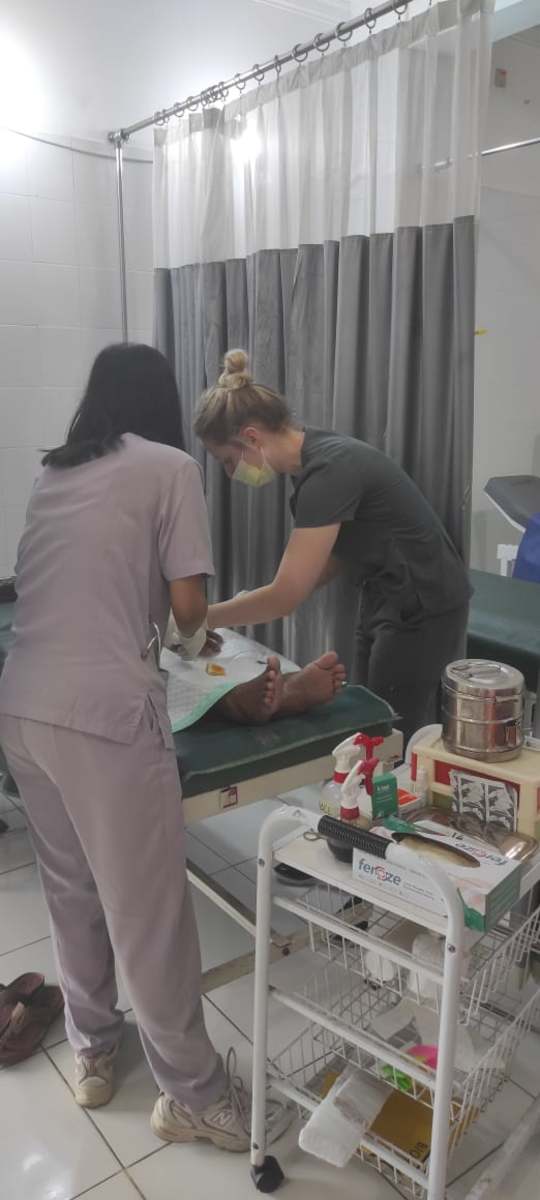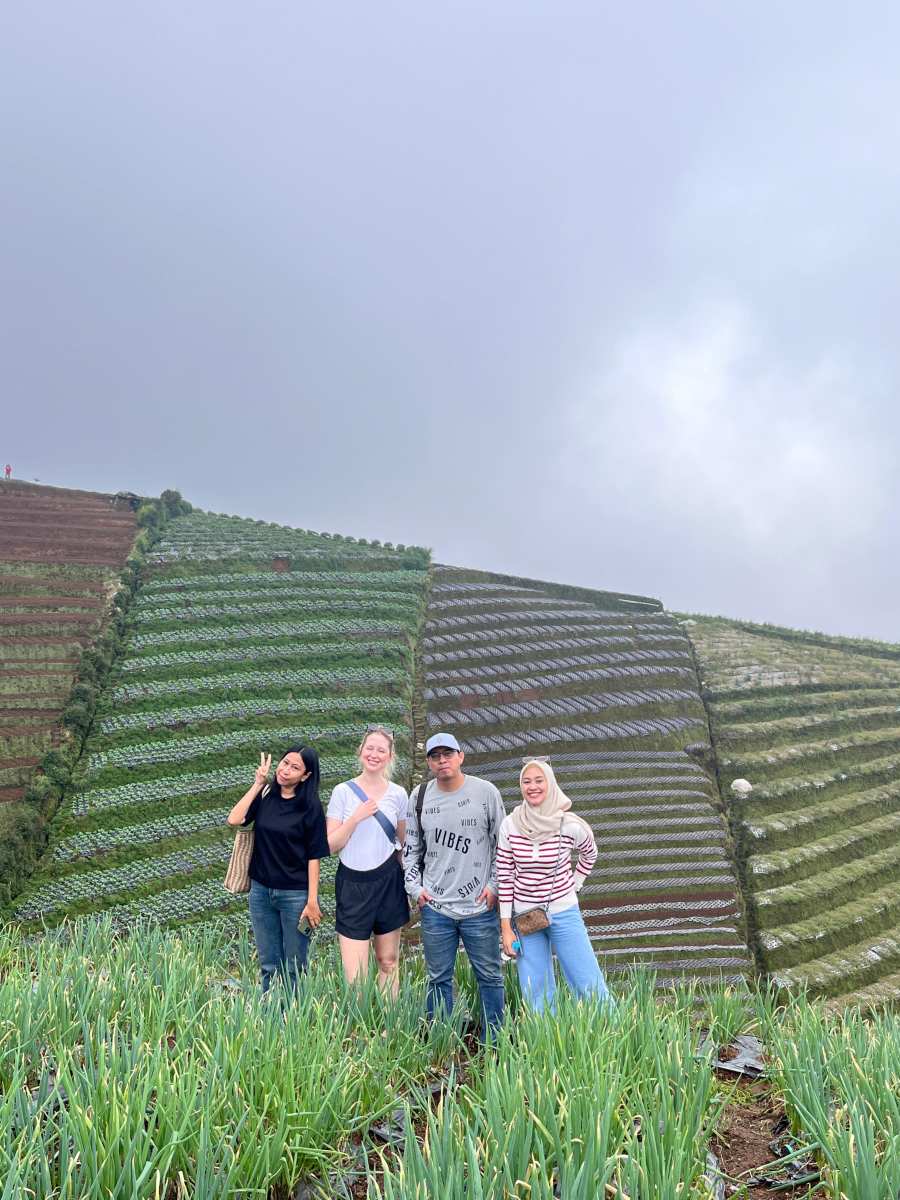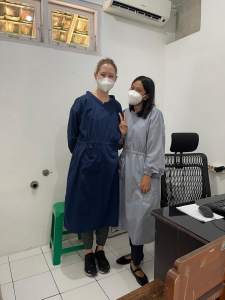The plan for the Elective Program at Puskesmas Kretek in Indonesia involves gaining practical experience in primary healthcare in a rural Indonesian setting. The program will focus on understanding and practicing community-oriented primary care, enhancing clinical skills, and working collaboratively with local healthcare professionals. Activities will include shadowing general practitioners, conducting patient consultations, assisting with minor procedures such as wound care, participating in maternal and child health services, engaging in community health education, conducting home visits, and collaborating on outreach programs.
This program will make a difference by offering an opportunity to bridge the gap between theory and practice in a real-world, resource-limited setting. I plan to contribute to the delivery of essential healthcare services while learning firsthand the challenges and strategies for managing health in rural Indonesia. By participating in community health education and outreach activities, I will help raise awareness on important health issues, such as nutrition and hygiene, and provide crucial follow-up care.
The primary beneficiaries of the project are the local community members in Bantul, Yogyakarta, who will receive enhanced primary care services, health education, and follow-up care. Healthcare professionals at Puskesmas Kretek, including general practitioners, family medicine residents, emergency medicine residents, and local medical staff, will also benefit by gaining new insights, techniques, and interdisciplinary learning from working with an international team. Finally, I, myself, will benefit by acquiring valuable experience in medicine and primary healthcare in a rural, low-resource setting.
The population of Bantul, Yogyakarta, represents a rural, underserved community where primary healthcare services are vital yet may be limited. The healthcare system in these areas often faces resource constraints, requiring creative solutions to healthcare delivery. Focusing on this population provides an opportunity to learn how to manage health challenges in such settings and make a tangible impact. As an emergency medicine resident physician, this will also allow me to develop cultural competence while working with diverse populations, learning how to tailor healthcare practices to my future emergency medicine career in the diverse populations in the United States.
The expected impact is multifaceted and includes improved healthcare delivery, enhanced clinical skills and cultural understanding, and community health improvement. By participating in Indonesian patient care, health education and outreach, I will contribute to the overall effectiveness of primary healthcare services at Pekesmas Kretek. Additionally, I have an opportunity to improve my clinical skills from a unique setting and cultural competence which will prepare me to work in similar rural or resource-limited settings when I become an attending physician. Finally, by participating in health education and outreach activities, this can increase the community's awareness of essential health practices, potentially reducing preventable diseases and improving overall health outcomes.
As far as how this will carry forward when I return, I will apply my enhanced interpersonal skills and knowledge gained from working in the Pukesmas to my future diverse patients. Furthermore, my direct experience with resource-limited care in Indonesia will allow me to gain insights into providing healthcare in low-resource settings which will influence how I approach patient care to my future patients in low resource settings such as in the inner city of Chicago or rural Iowa. Finally, by reflecting on and documenting my experiences, I can share valuable insights with peers, faculty, and future medical professionals, contributing to a broader understanding of medicine in resource-limited settings.






During my family medicine community rotation in Yogyakarta, Indonesia, I had the opportunity to work directly with the general public, many of whom received healthcare through government-funded insurance. I cared for a wide range of patients, from young children as young as three years old to elderly individuals, often encountering infectious diseases that are less commonly seen in my home setting.
My experience included making nursing home and home visits, which allowed me to observe firsthand how Indonesian physicians build relationships with their patients and deliver care in both clinical and non-clinical environments. These moments were deeply inspiring—despite limited resources, the resilience and gratitude of the community were profoundly moving.
This experience impacted the patients I encountered through the care and attention I provided, while also enriching my own understanding of global healthcare delivery. I gained valuable insights into diagnosing and managing conditions like tuberculosis in low-resource settings, an experience that will shape the way I practice medicine going forward.